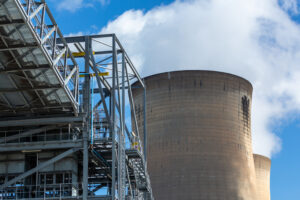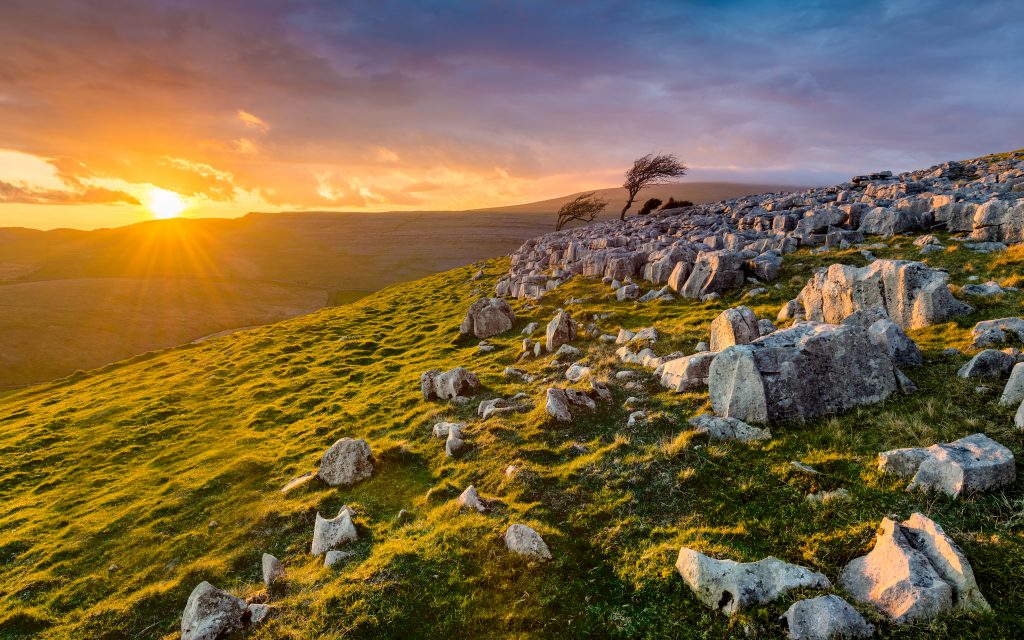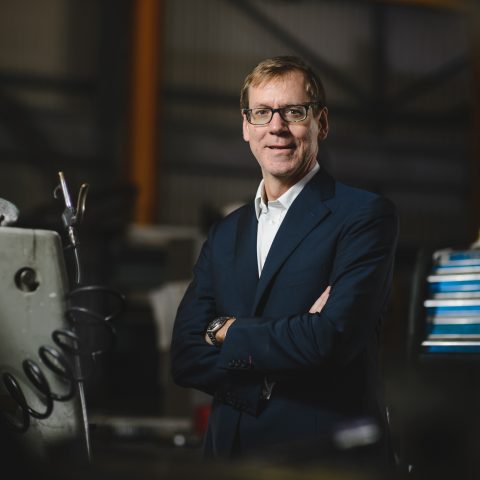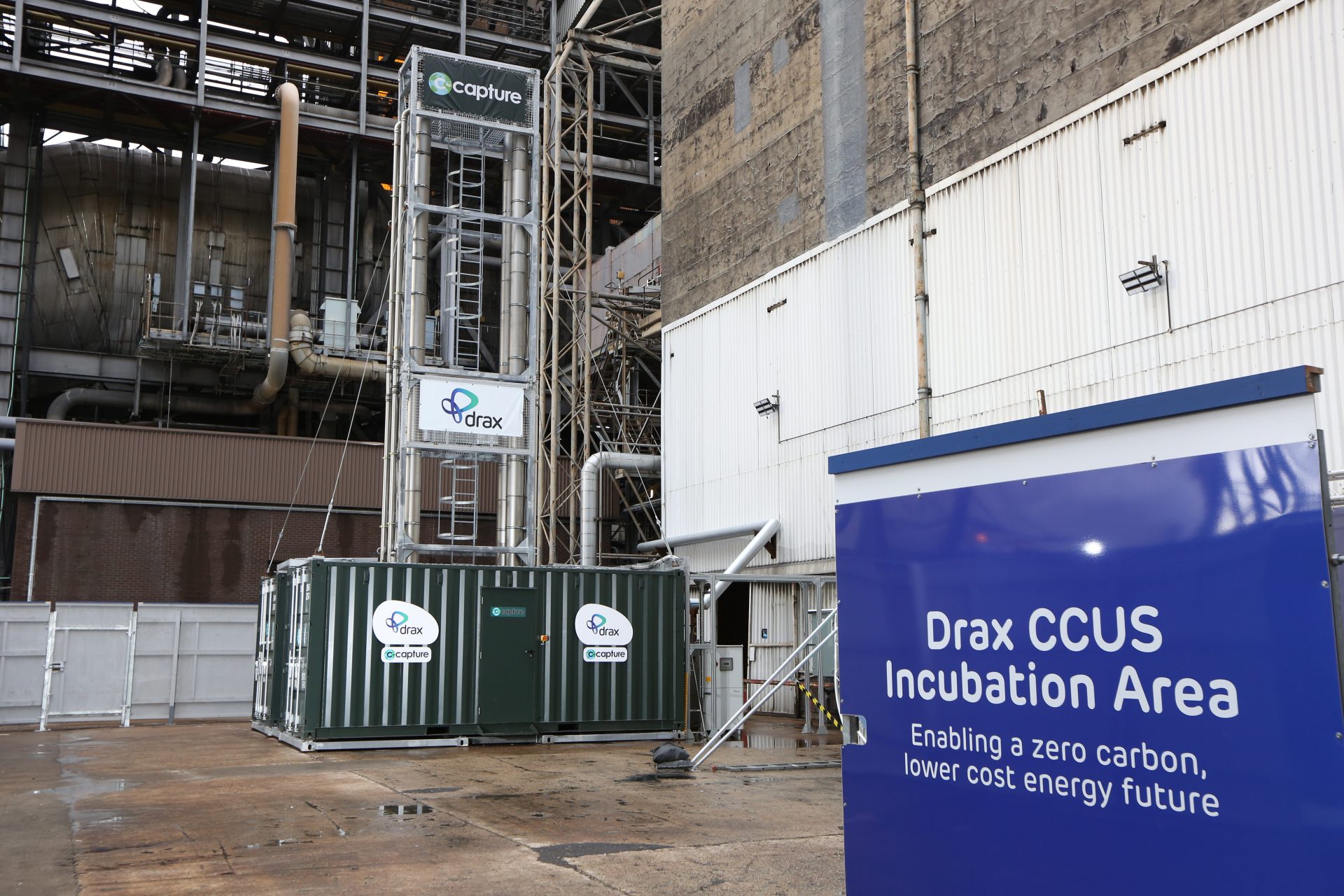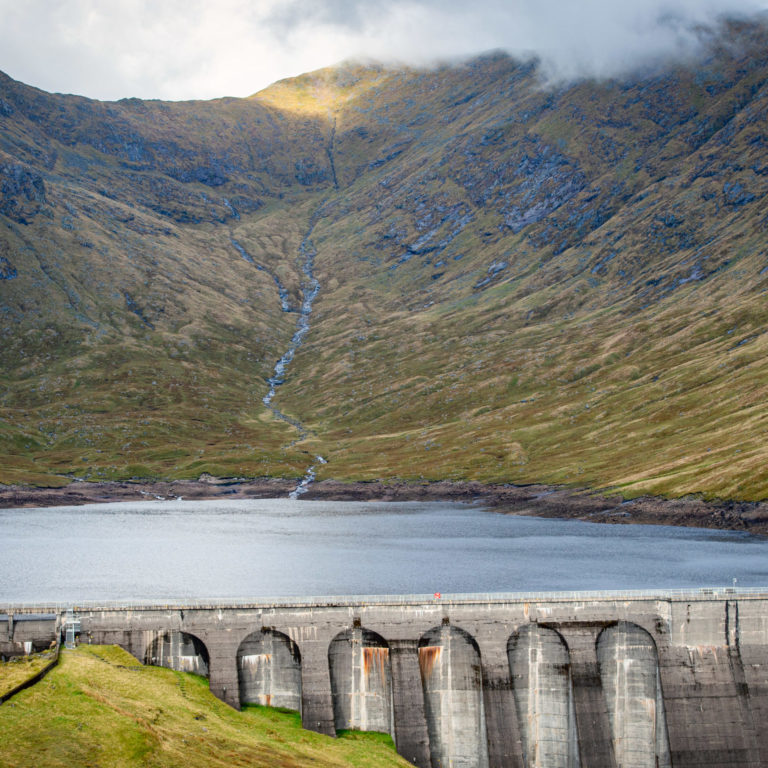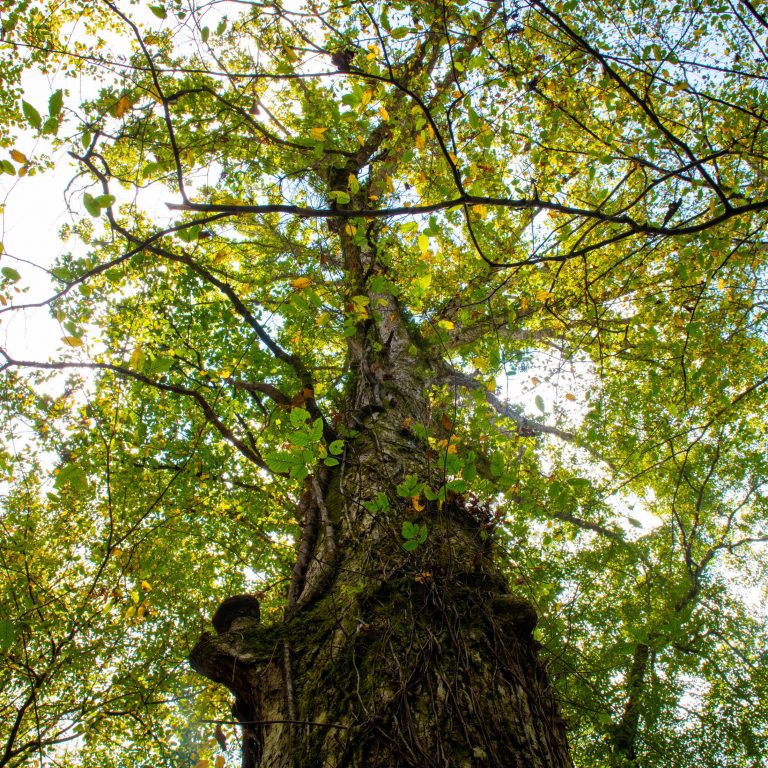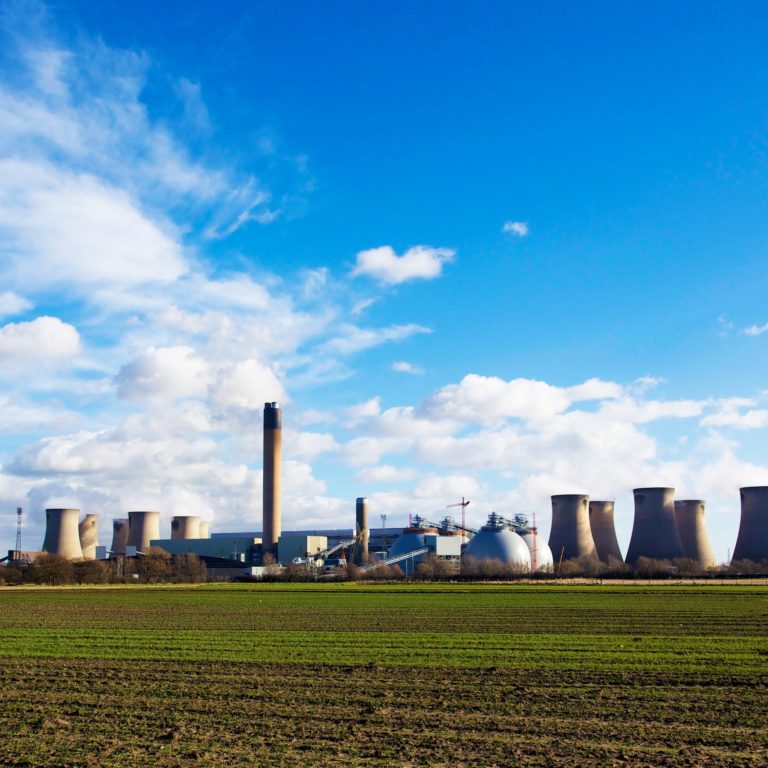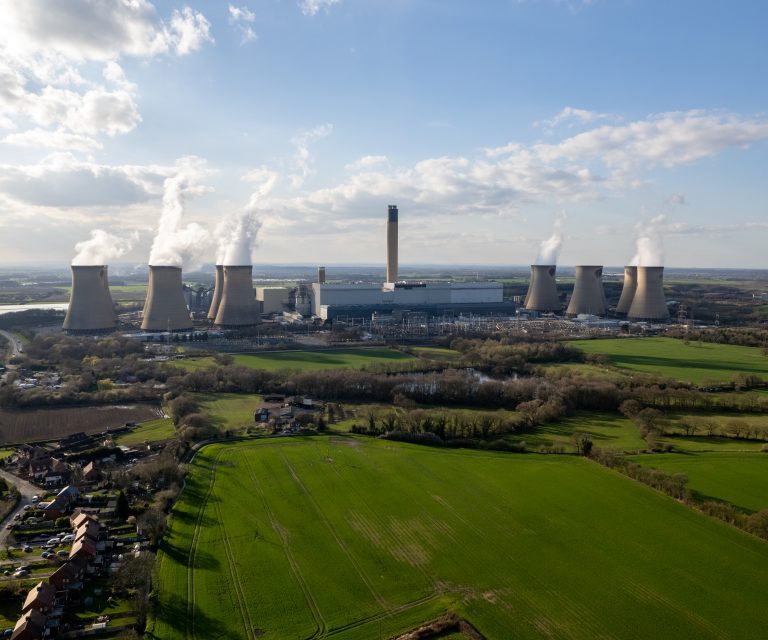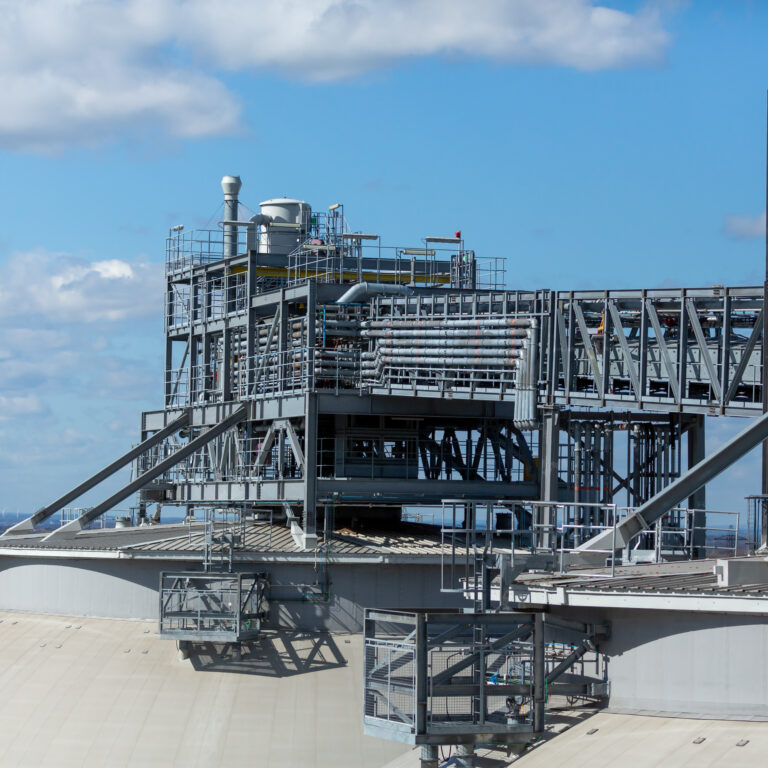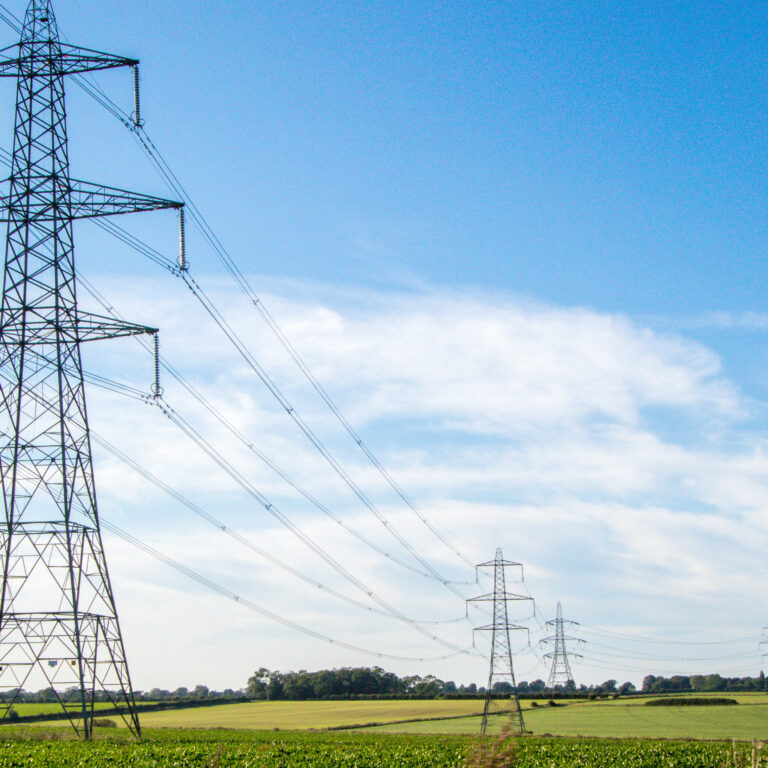“We stand ready to implement the Committee on Climate Change’s recommendations and scale up the successful BECCS pilot at Drax to create the world’s first negative emissions power station in the mid-2020s. Bioenergy with carbon capture is the cornerstone around which a low carbon economy can be built: Crucial for tackling climate change, it will also create new jobs and export opportunities for British businesses.”
For background:
- The Committee on Climate Change’s Net Zero report due to be published on Thursday May 2, recommends that Bioenergy Carbon Capture and Storage is deployed at scale by 2030.
- If Drax’s BECCS pilot can be scaled up to deliver negative emissions, Drax Power Station would be helping to remove gases that cause global warming from the atmosphere at the same time as electricity is produced.
- Drax is talking to a number of industries about using the CO2 it is already capturing in their processes. This could be for the production of concrete, putting the fizz in the drinks industry or creating synthetic fuels to use in hard-to-decarbonise sectors like aviation.
- Drax is also working with the Humber Local Enterprise Partnership, and other interested parties to explore the role CCUS can play in turning the Humber Estuary – the UK’s most energy intensive industrial cluster – into the world’s first ‘net-zero-carbon cluster’. It is ideally located for accessing offshore stores in the North Sea such as the Endurance field, which is roughly 60 miles off the coast.
- If Drax can scale up its BECCS pilot it could create more opportunities for capturing and storing carbon dioxide from other industrial emitters in the Humber region, unlocking the potential to create a new hydrogen economy, creating jobs and delivering major environmental benefits globally.
- Today Drax is capturing a tonne of carbon dioxide a day from its pilot – once scaled up it would be capturing 40,000 tonnes of carbon a day from its four biomass generating units. That’s at a 90% capture rate.
- Read more about Drax’s Bioenergy Carbon Capture and Storage (BECCS) pilot here.





